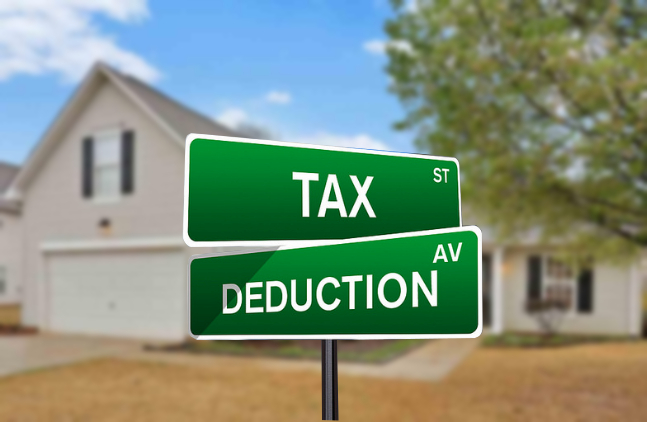Tax Deductions and Credits for Homeowners
Many taxpayers overpay their taxes simply because they fail to claim some of the common deductions and credits they are entitled to. As a homeowner, there are several home tax deductions and credits that you can claim.
Before you submit your next return, check the following list. It represents the most frequently overlooked tax breaks available to typical working Canadians.
First-time home buyer’s tax credit
If you are buying a home for the first time, you can claim a non-refundable tax credit of up to $750. This new non-refundable tax credit is based on a percentage of $5,000. You or your spouse or common-law partner can claim the home buyer’s tax credit.
GST/HST tax rebate (new housing rebate)
If you buy a new home as your principal residence, and if it’s less than $450,000, you may be able to claim the GST/HST new housing rebate too. Ontario and B.C. residents may also claim the provincial portion of the HST if they buy, build or do a major renovation on their principal residence. Other home tax deductions exist for homes that are built by the owner as well as for residential rental properties.
Home Buyer’s Plan
The Home Buyer’s Plan allows you to withdraw up to $25,000 from your registered retirement savings plan (RRSP) to help with the purchase or construction of a home. Certain conditions apply. Submit a request by completing the T1036 tax form that is available.
Medical expenses tax credit
Persons with mobility impairments can claim renovation expenses to make their home more accessible under medical expenses deductions in Canada. The government provides an extensive list of eligible medical expenses as well as medical expenses that you cannot claim.
Moving expenses
If you move within Canada, your moving expenses might be an allowable tax deductible. You must be employed, and your new location must be at least 40 kilometres closer to your place of work. Starting a business would qualify, as would moving away from home to take your first job. If the deductions are greater than earned income, they can be carried forward for one year to realize the full tax benefit.
Expenses that can be claimed include hiring movers or renting a van to move, breaking a lease, furniture storage, meals and lodging for you and your family while traveling, and legal fees and real estate commissions if you have to sell your home.
Work-from-home expenses
If you are using your house as part of your business — a home office for example — you can claim a deduction for that part of the home that is used to conduct business activities. If you are a homeowner you can claim a portion of your mortgage interest, property taxes, and capital cost allowance. You can claim a portion of your monthly rent if you are a renter. You can include in your deduction a share of the utilities, insurance or home maintenance allotted to the area of the house set aside for business use. For each of these expenses, you can claim a percentage equal to the percentage of your home that is reserved for business.
You can’t use these items to create a loss that could be deducted against other sources of income, however. Of course, any expenses solely related to the business, such as supplies, travel, and client entertainment, are fully deductible. CRA forms T2124 and T2032 contain a guide entitled “Calculation of Business-Use-of-Home Expenses” to help you calculate your allowable claim.
Rental income
If you rent a property you own or that you have use of, use the T776 tax form to report the rental income and claim allowable expenses such as advertising, insurance, and interest on the money you borrow to buy or improve the property.
Childcare tax credit
In most cases, childcare expenses for an eligible child must be claimed by the parent with the lower net income for tax purposes. If parents are separated and share custody, each parent may usually claim a portion of the childcare costs. Where a medical doctor certifies in writing that the lower-income spouse is incapable of caring for the child due to physical or mental infirmity, the costs may be claimed by the higher-income spouse.
Eligible child care expenses include daycare centres and day nursery schools, some individuals providing child care services, day camps and day sports schools, educational institutions such as private schools (the portion of tuition costs relating to child care services), boarding schools, and overnight sports schools and camps.
Provincial credits
Manitoba homeowners benefit from two other home tax credits: the Education Property tax credit and the School Tax Credit for homeowners. In Ontario, homeowners can apply for the Ontario property tax credit and the Senior Homeowner’s Property tax credit. For more information, please consult the CRA website http://www.cra-arc.gc.ca

